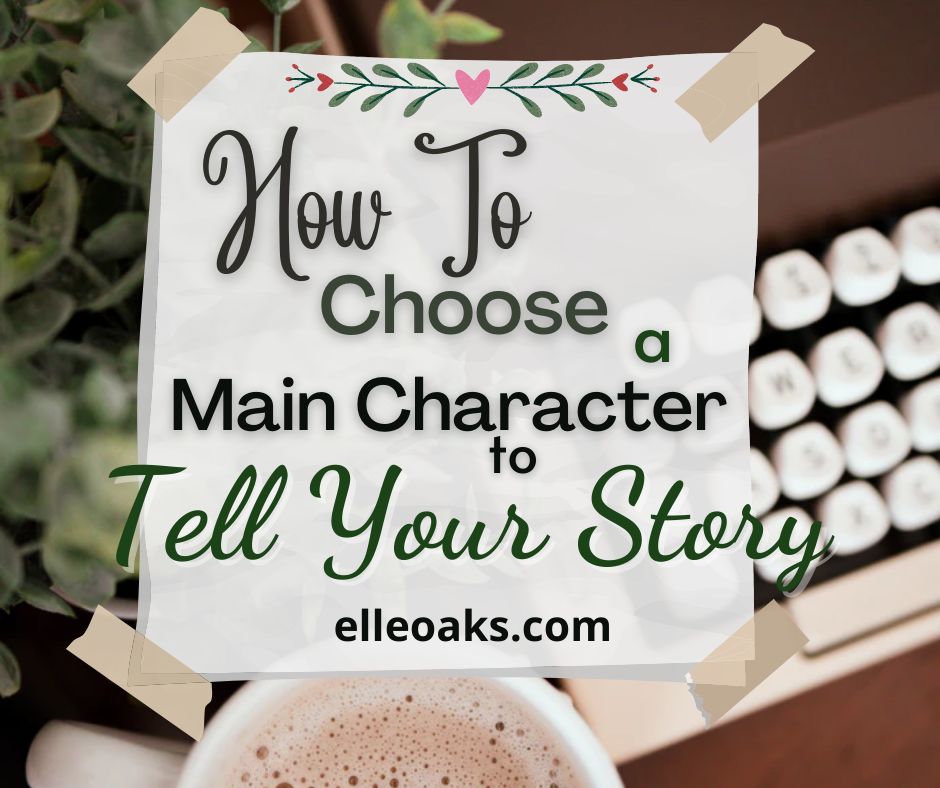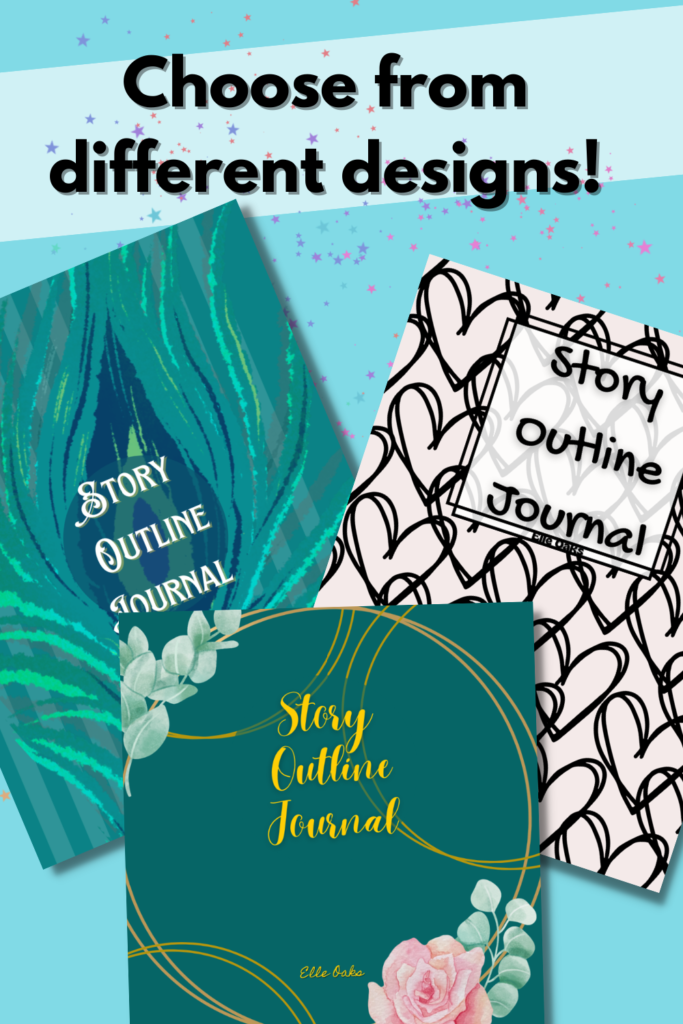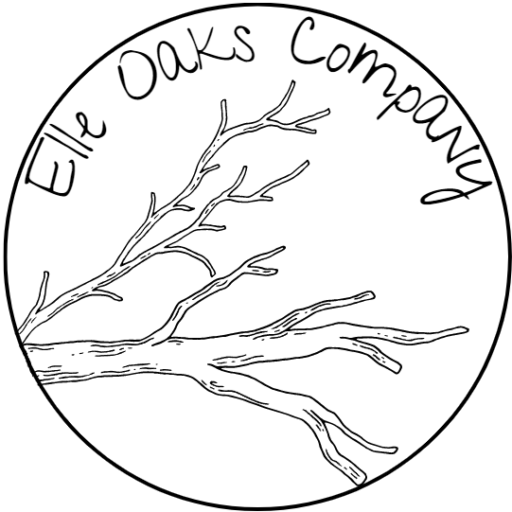Have a story in mind but not quite sure about the voice of the text? Worried about possibly offending a particular subset of your readership or an entire community? We’ll explore how to choose your main character and not lose the heart of your story or your audience.

If you’ve asked yourself the above questions, you’re already leagues ahead of some writers.
Diverse novels are a growing demand in the publishing industry. Readers desire books that showcase amazing characters of different races and ethnic backgrounds. They want to read about people like them or learn about people not like them at all. That’s the beauty of books! While this is a fantastic step in the right direction, it presents some problems for writers who don’t handle the subject responsibly.
I’m talking about deciding if you are the RIGHT PERSON to tell your story.
Discussion on the topic has gone far and wide with many authors, writers, and readers bringing their opinions and thoughts to the discussion. Because it is opinion, the answer is very open ended, leaving many of us wondering: Am I the right person to tell this story?
As a white, heterosexual woman, I understand that I have been privileged through life by no means of my own. It was luck. Pure luck that I was born this way in a world where discrimination based on biological factors (read “factors outside of one’s control”) is rampant and still very widespread.
So, choosing to tell a story based in another’s culture or country can be tricky. A writer should do their best not to offend or co-opt that culture and misrepresent it to the readership. It’s unimaginative to rely on stereotypes of a race and also damaging. As a writer, we can and should do better. So how do you choose the main character for your story? Many suggest not writing a character that you can’t identify with. Others offer the advice: Do your Research!
What Research Needs Done?
You may have this idea that we’re all human. And you’re right to an extent. However, nature and nurture are the essence of a person’s development and understanding them and the world they grew up in will help you better understand your character.
Research what childhood is like. What types of laws or rules exist in their society. What is the history of their freedoms/ are they even free compared to your definition of the word.
The more research you do, the better equipped you will be to write a character. If you’re going to research a profession so your character sounds like they know what they’re talking about, it’s not a big ask to research culture.
My Personal Experience with Choosing the Right Protagonist
I’m currently drafting a story that means a lot to me. The idea came while my husband and I were living in his hometown in a village in Mexico. His family was incredible. Compassionate. Resilient. Strong. And most admirable were the women of the village. Not only did they care for the house, kids, and elderly of the village, but they also did the physical labor of going to their plots of land, babies slung across their backs, as they picked coffee and carried lumber.
The story I had in mind showcased a spectacular woman who many admired. She would be the hero of the story. But I knew from early on that she would not be the main character. The voice of the story had to be through another character. Why? Because I could never comprehend the hardships and thoughts that would constantly present themselves to this hero. I could not do her justice if the story would be through her voice.
So, as I was an outsider looking in, I chose a character who would fill that same position. One that would come to know our hero in time without ever truly understanding all she’s been through. But he would admire her and never doubt in her strength and resilience. Telling the story through his perspective has helped not only the story but also in my own growth as an individual. In this way, I hope to connect with the readers who are also on the outside looking in. Contemplation of the real world through the lens of fantasy is my aim and I hope it connects!
Conclusion
Choosing a main character does not have to be difficult. And you don’t have to abandon that story idea because you’re afraid it will offend. Just be sure you are telling the story through a proper set of eyes. The main character should be the one you as the writer can reflect with best. You can highlight a race and a culture without appropriating their identities. And be sure to use sensitivity readers whenever there may be doubt.
A sensitivity reader is someone from the background that you wish to portray. They will help guide you on the right path to ensure the subject matter is not offensive or relying on stereotypes that are damaging. And be sure to pay them what they deserve!
Let me know if this helps you move forward with that idea you were worried about!
Did I miss something? Let me know in the comments how you choose a main character!
Like this post? Share on your socials!
Want more? Another way to help you on your writing journey is to outline those ideas while they’re fresh. While you’re here, check out our new Story Outline Journals in our Amazon store.

Questions or ideas about future posts? Contact us on our form! Click here.

